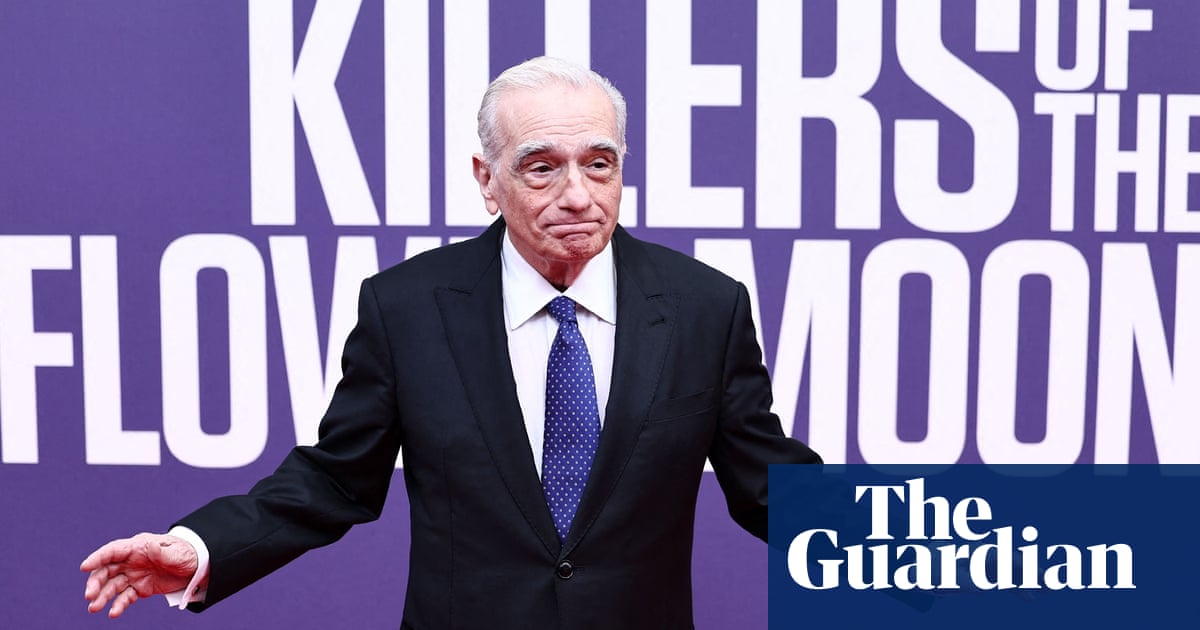
JEDDAH: The Red Sea International Film Festival is a stepping stone to a brighter future for Saudi film-makers, according one of the biggest names in the business, Saudi director Haifa Al-Mansour.
Al-Mansour is the first female film director to make her name in the Kingdom. She began her career in 2005 with three short films, one of which, “The Only Way Out,” won awards in the UAE and the Netherlands. Her documentary “Women Without Shadows,” which focused on the secret lives of women in Arab countries, received the Golden Dagger Award for Best Documentary at the Muscat Film Festival and was screened at 17 international film festivals. It was recently screened at the RSIFF, as well.
Arab News caught up with the film director on the sidelines of the RSIFF and discussed the prospects that young film-makers face trying to follow in her footsteps and break into an industry which is still in its infancy.
“It’s a way better time to start now. When I started, there was nowhere in Saudi Arabia to go for funding or to shoot a film. I always had to travel to Abu Dhabi or Egypt just to find funding for a film or to show a film,” she said.
“We now have a lot of support for film-making and I think it’s amazing, it’s a better time for any film-maker to start but it’s not an easy profession and people shouldn’t assume otherwise. You have to work really hard on your craft and, more than anything else, you have to have something unique to tell your world.”
At RSIFF’s “In Conversation,” a masterclass-style side event at the festival, Al-Mansour spoke of how her affiliation to her Saudi home has always prompted her to tell its stories.
She told the audience that the stories of her films are always derived from her past. They lay in the alleys and small hidden nooks and crannies of a neighborhood, and that wasn’t easy to portray on screen, as she had to direct the exterior scenes from inside a van, managing the actors on monitors and communicating via walkie-talkie because she couldn’t be seen in public with a male crew.
She would at times have to confront a neighborhood leader and ask him to leave, or would have to hide her cameras in the van. At other times they would be stopped by the police asking to see their shooting permits.
“The more you stay local, the more you have a vision of the story, who you are as a person and what you’d want to say will make people listen,” she said.
In 2012, she wrote and directed her award-winning feature film “Wadjda.” The film tells the story of a 10-year-old girl who dreams of owning and riding a bike. Breaking societal norms that wouldn’t allow girls to ride bikes, she tries to win her school’s Qur’an recitation competition to raise enough money to buy one.
Shot entirely in the Kingdom, it’s close to Al-Mansour’s heart as the main character was very similar to her naughty, clever niece, who was always scheming and trying playfully to get her own way.
The film is available on Netflix for those who want to know more about how the 10-year-old’s dreams turn out.
Al-Mansour said that having a vision of your film is just one of the challenges. Writing a script is another ballgame, and one of the essential ingredients here is patience.
“You have to be patient, lots of rewrites. There’s magic in rewrites and your first draft will not be your last draft. It’s hard to put a first draft down but you need to keep up the momentum, give yourself time, leave it and get back to it,” she said.
She went on: “You have to keep your heart open to criticism, you need to send your story to other people and listen to what they say. A lot of young writers get very defensive but they have to open up, embrace it and go back to the vision.
“Writers must find their way back to their vision so people can understand it and appreciate it.”
She recommends that writers find masterclasses and writers’ labs at festivals such as the ones offered at the Sundance Film Festival, or find a mentorship to guide them and allow them to hone their skills.
One of the many exciting components of Al-Mansour’s films is how she portrays stories familiar to many Saudis. She finds a little bit of herself in her films, too
“Actors are amazing at bringing a person to life but it’s mainly about the characters you create. The soul is there for sure, and you always want to find a balance so the actors can portray the characters in the way you created them to be.”












